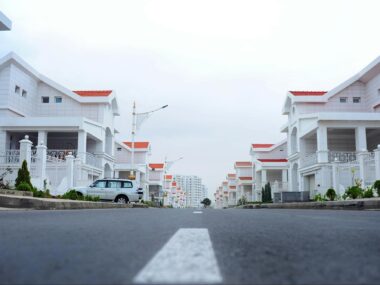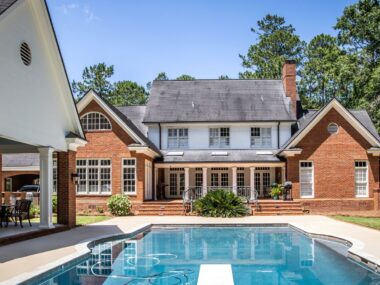Sustainability has become a cornerstone of modern hotel design, and the expertise of a hospitality architect is vital in achieving these goals. By combining innovative design principles with environmental responsibility, these architects play a critical role in shaping hotels that are not only luxurious and functional but also sustainable. Their efforts balance guest comfort, operational efficiency, and ecological stewardship.
Integrating Eco-Friendly Design Principles
Hospitality architects focus on incorporating eco-friendly practices into every stage of the hotel design process. From selecting sustainable building materials to optimizing energy efficiency, their work ensures the property minimizes its environmental footprint. Thoughtful design elements, such as maximizing natural light, using renewable energy sources, and integrating green roofs, enhance both sustainability and the guest experience.
Their designs often include water-saving systems, energy-efficient lighting, and waste management strategies that align with global sustainability standards.
Designing for Energy Efficiency
Reducing energy consumption is a key focus in sustainable hotel design. Hospitality architects leverage advanced technologies and strategies to create energy-efficient buildings. Features such as smart HVAC systems, solar panels, and high-performance insulation ensure hotels operate efficiently while maintaining guest comfort.
Incorporating passive design techniques, such as strategic building orientation and natural ventilation, further reduces reliance on artificial energy sources, making the property both cost-effective and environmentally friendly.
Promoting Sustainable Guest Experiences
Sustainable hotels aren’t just about reducing environmental impact—they’re about creating unique guest experiences that align with eco-conscious values. Hospitality architects design spaces that promote a connection with nature, such as outdoor lounges, eco-friendly spas, and scenic walking trails. By using locally sourced materials and celebrating regional culture in their designs, they create immersive environments that guests can appreciate while supporting sustainability.
They also design rooms and amenities that encourage guests to participate in eco-friendly practices, such as using refillable toiletries and engaging with recycling programs.
Preserving Local Ecosystems
One of the hallmarks of sustainable hotel design is the preservation of local ecosystems. Hospitality architects carefully assess the natural environment during the planning phase to ensure the project respects and integrates with the surrounding landscape. By protecting native vegetation, creating wildlife corridors, and minimizing land disturbance, they enhance biodiversity while delivering a serene atmosphere for guests.

These efforts contribute to the long-term health of the environment and strengthen the hotel’s commitment to sustainability.
Enhancing Operational Sustainability
Sustainable hotels require more than just eco-friendly design—they demand operational practices that support long-term sustainability. Hospitality architects collaborate with hotel operators to ensure that every aspect of the property, from laundry facilities to kitchens, operates with maximum efficiency.
By integrating features such as rainwater harvesting systems, composting stations, and energy-monitoring tools, they help hotels maintain sustainability goals while reducing operational costs.
Balancing Luxury and Sustainability
One of the greatest challenges for hospitality architects is balancing luxury with sustainability. Guests expect high-end amenities, but these must be delivered in ways that do not compromise environmental goals. Architects meet this challenge by designing elegant, resource-efficient spaces that offer comfort without waste.
Sustainable luxury is achieved through elements like locally crafted furnishings, innovative room layouts that reduce material use, and eco-friendly technologies that enhance the guest experience without excess.
Setting Industry Standards for Green Building
Hospitality architects often lead the way in setting standards for sustainable building within the industry. Many sustainable hotels achieve certifications like LEED (Leadership in Energy and Environmental Design) or Green Key due to the expertise and vision of their architects. These certifications not only highlight the hotel’s commitment to sustainability but also attract eco-conscious travelers.

Their designs serve as benchmarks, inspiring other architects and developers to prioritize sustainability in their own projects.
Creating a Legacy of Sustainable Hospitality
The work of a hospitality architect extends beyond the individual hotel property. Their efforts contribute to the broader goal of transforming the hospitality industry into one that values sustainability and environmental responsibility. By combining innovation, functionality, and sustainability, they create hotels that offer guests exceptional experiences while protecting the planet.
Their role is essential in fostering a future where luxury and sustainability go hand in hand, ensuring that hospitality remains a force for good in the world.






